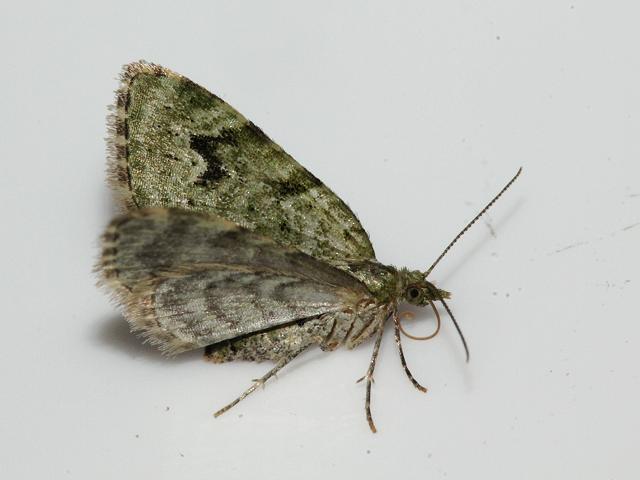
APHOTOFAUNA
An online educational resource dedicated to the photography of
terrestrial wildlife and their habitats, found across South-West
England and the Devon and Cornwall Peninsula by David Fenwick.
Chloroclystis v-ata - The V-Pug (Lepidoptera Images)
Scroll down and rollover titles to change screen image or click on title to view image.
The V-Pug
Chloroclystis v-ata
- moth / top view 1
Chloroclystis v-ata
- moth / top view 1
The V-Pug
Chloroclystis v-ata
- moth / top view 1
The V-Pug
Chloroclystis v-ata
- moth / top view 1
Images of species caught in a moth trap at Roscadghill Parc, Heamoor, Penzance, Cornwall. 26.07.12.
APHOTOFAUNA supports open source data recording and sharing for the benefit of wildlife, recorders, research, science and education. The project works closely with the following bodies and organisations.
The CISFBR or Cornwall and Isles of Scilly Federation of Biological Recorders is an independent umbrella organisation supporting independent recorders and recording groups in the county of Cornwall.
The Cornish Biodiversity Network or CBN is the largest open source wildlife database in Cornwall that sends open source data to the NBN (National Biodiversity Network). It is a new recording system based on the ERICA database, the largest recording resource in Cornwall. The CBN best supports the activities and needs of the independent recording community and recording groups in Cornwall.
The National Biodiversity Network or NBN is a charity that supports open source data sharing and recording supporting conservation, science and education.
"Why do recorders need open source?". Simply because it supports the core values of wildlife recording and the free use of records and data over a very wide network that includes partners like the Natural History Museum.

The main objective of this website is in furthering environmental awareness and education through the medium of photography. To increase awareness and access to the wildlife of the region and help
people find and identify it. Sometimes the difference between species is obvious but many species can only be determined by observing microscopic characteristics that are specific to any one species.


